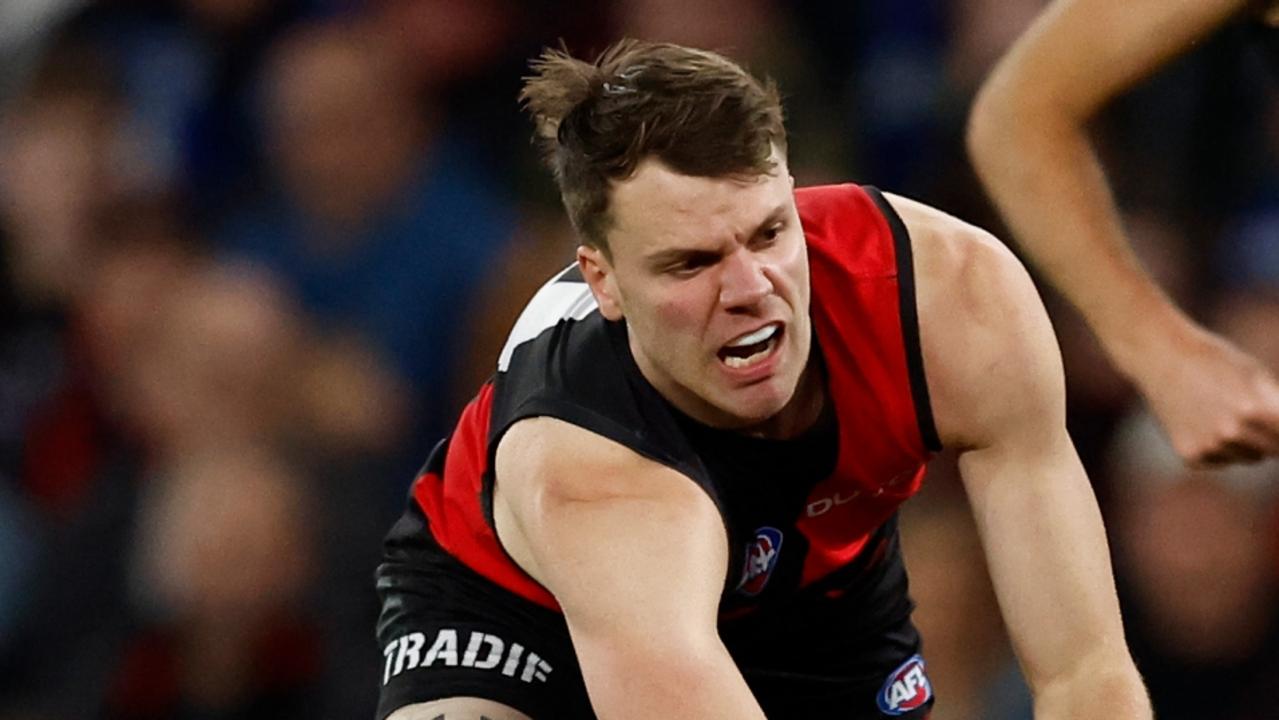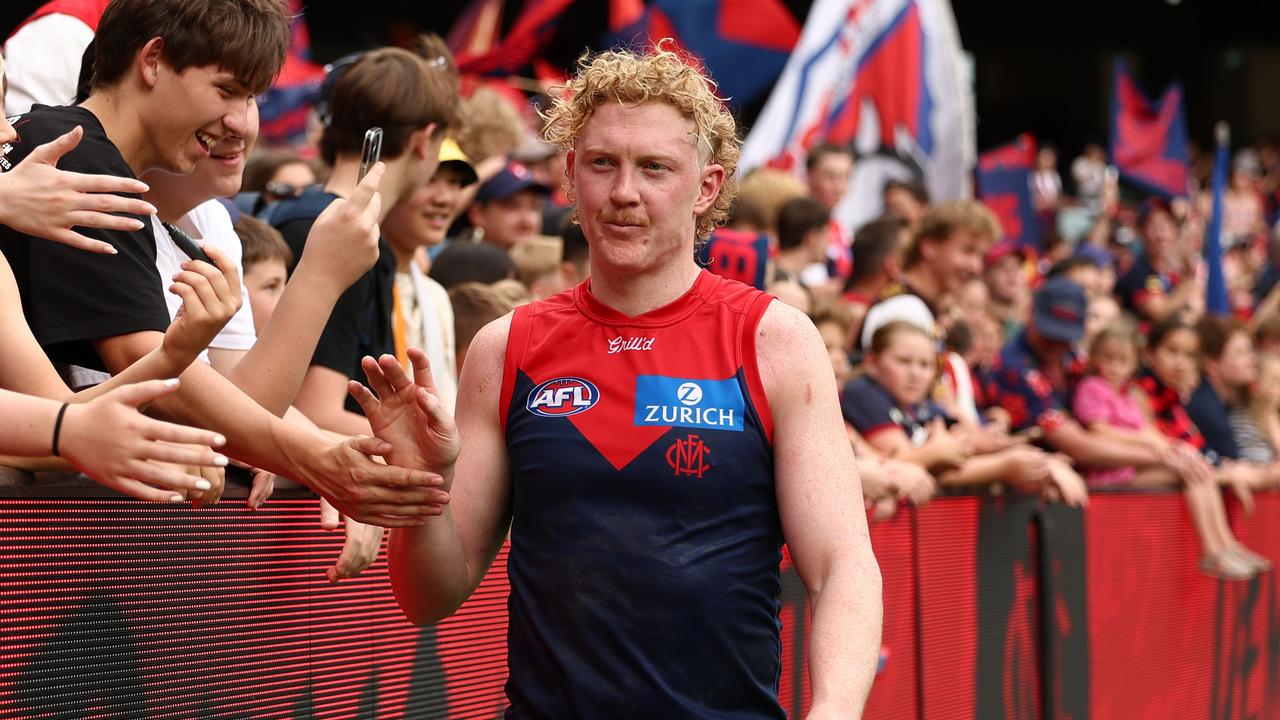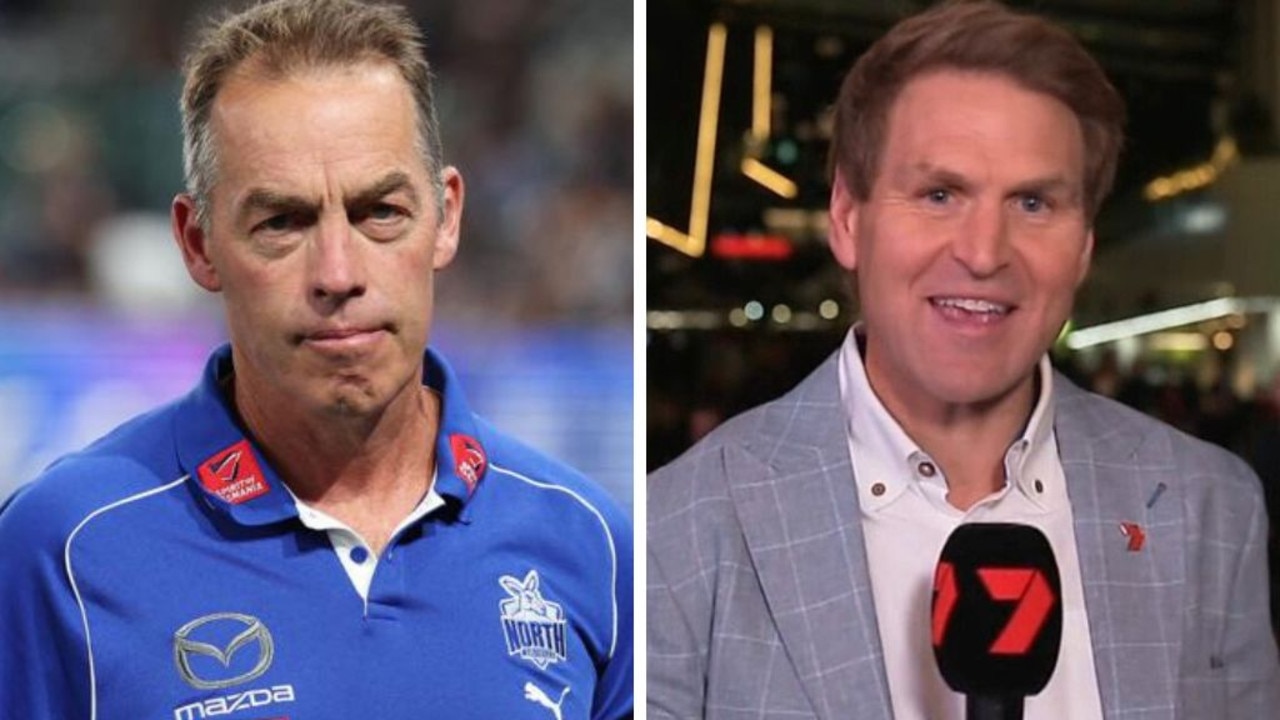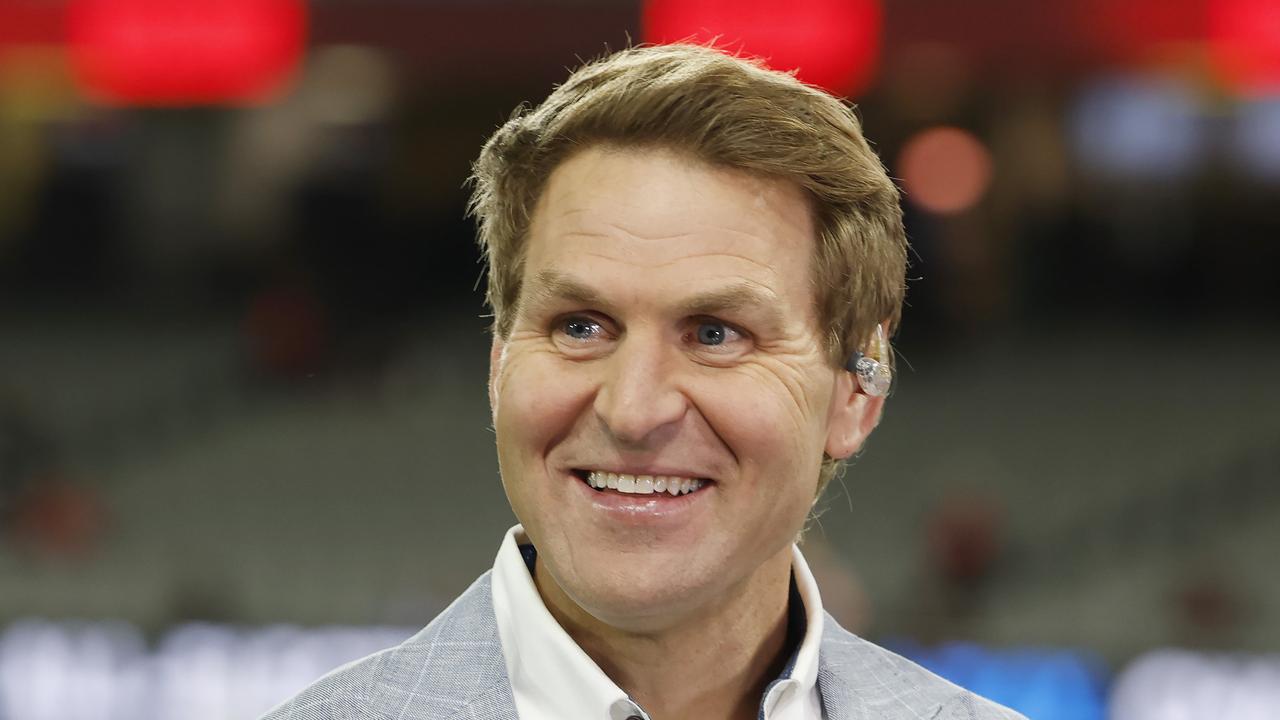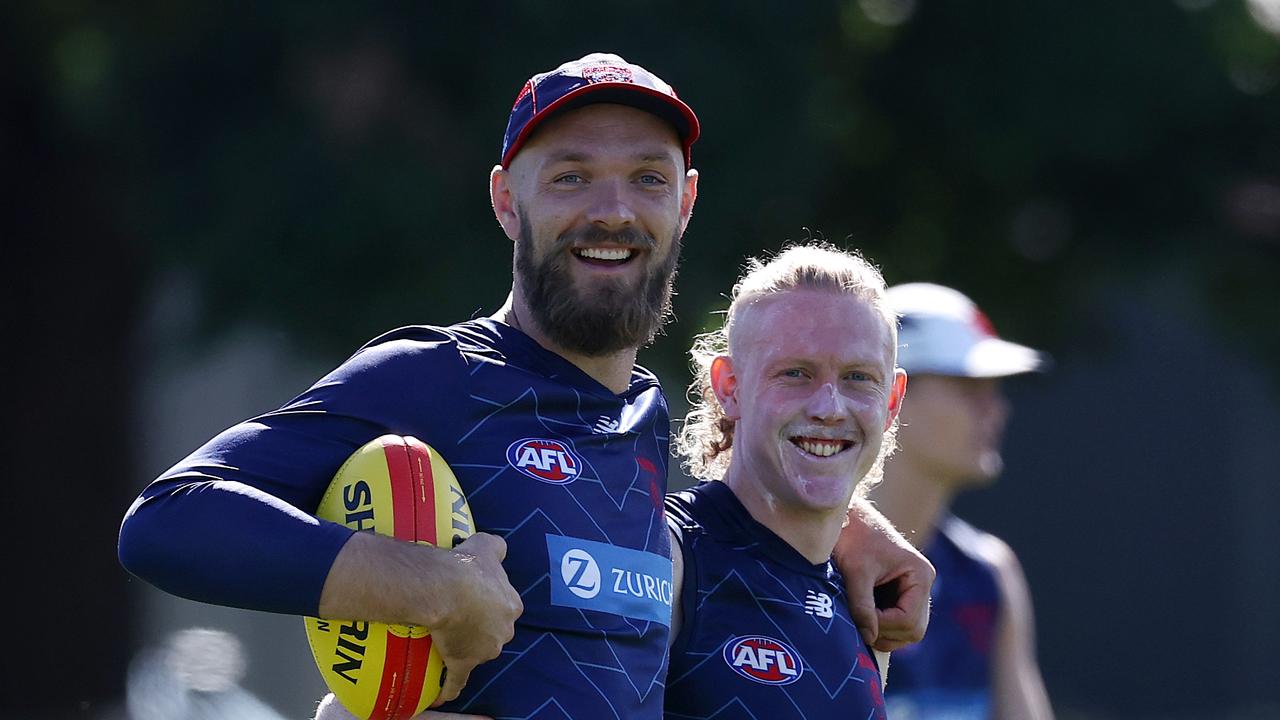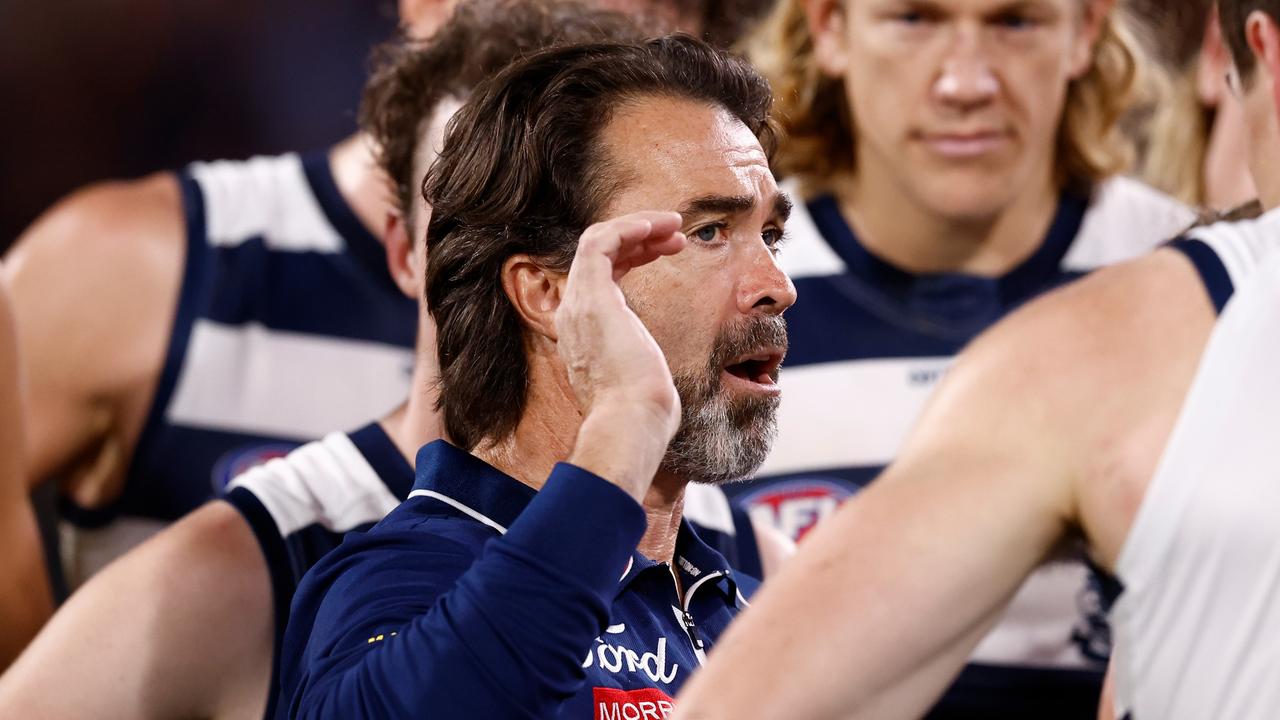AFL 2025: Clubs forking out thousands to fight AFL tribunal cases
AFL clubs continue to roll the dice at the tribunal, but a close look at the numbers suggests they would be better off thinking otherwise. Josh Barnes analyses the huge cost of a failed appeal.
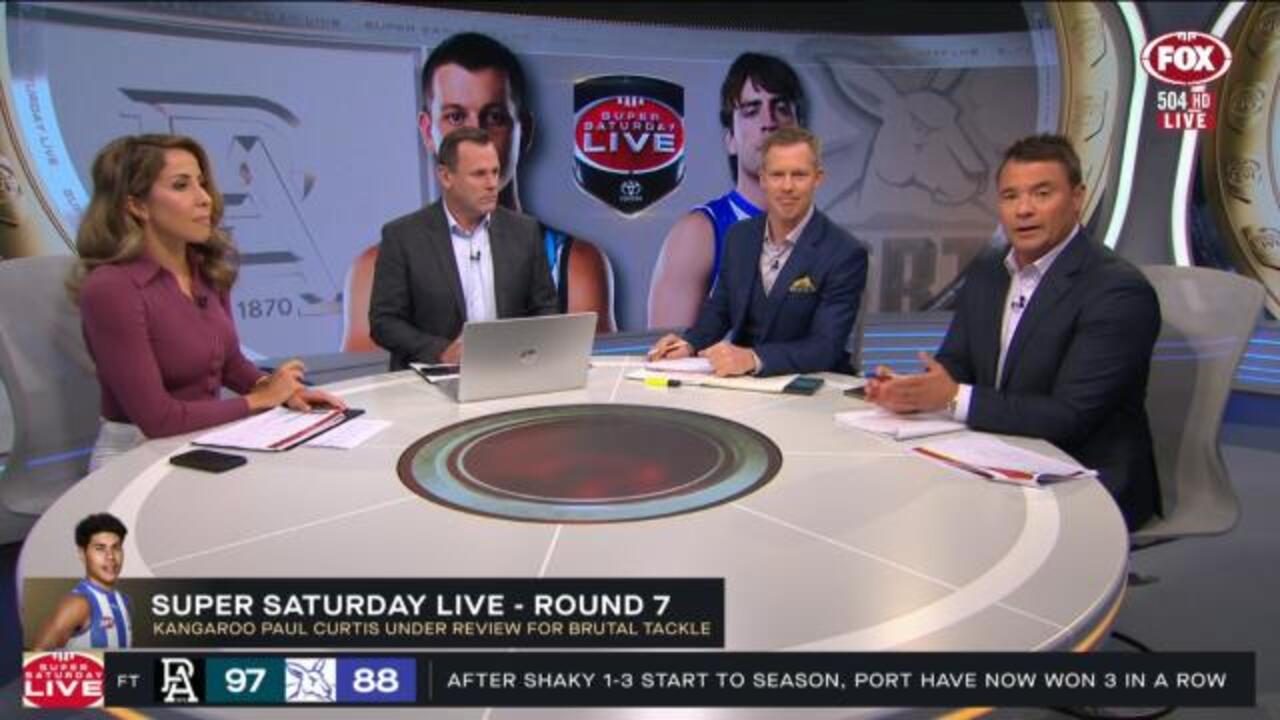
AFL
Don't miss out on the headlines from AFL. Followed categories will be added to My News.
Clubs are continuing to have a throw at the tribunal stumps, despite the rarity of success and the cost of appeals.
An analysis of cases brought to the AFL tribunal since the start of last year, in which teams chose not to accept suspensions and instead fight to reduce or avoid bans, showed that only eight of the 29 cases were successful.
One of three appeals of tribunal verdicts also failed.
Those unsuccessful cases have seen teams fork over more than $200,000 before paying the lawyer bill.
So far this year, five out of five cases fought at the tribunal have lost, with Roo Paul Curtis and Crow Mitch Hinge to both have a go on Tuesday.
Including written submissions, 45 tribunal hearings were held last year, a steep rise on 2016, when the tribunal sat just five times.
While the hearings count has leapt significantly in the last decade, most match review charges are not taken further, with 91.5 per cent of the 118 charges laid this year before round 7 accepted, with the vast bulk of those charges fines.
That is an increase on last year’s 86.1 per cent.
When only taking in suspension-related charges in 2025, 50 per cent have gone to a hearing, a drop on the 58 per cent of last year.
Former St Kilda champion and Western Bulldogs AFLW coach Nathan Burke sat on the match review panel before it was reduced to a solo job for Michael Christian.
Burke said the MRP then was never tasked with reducing tribunal appearances, and often worked in the knowledge that a suspension would be better tested in the tribunal environment, which can include cross examination and in-depth evidence.
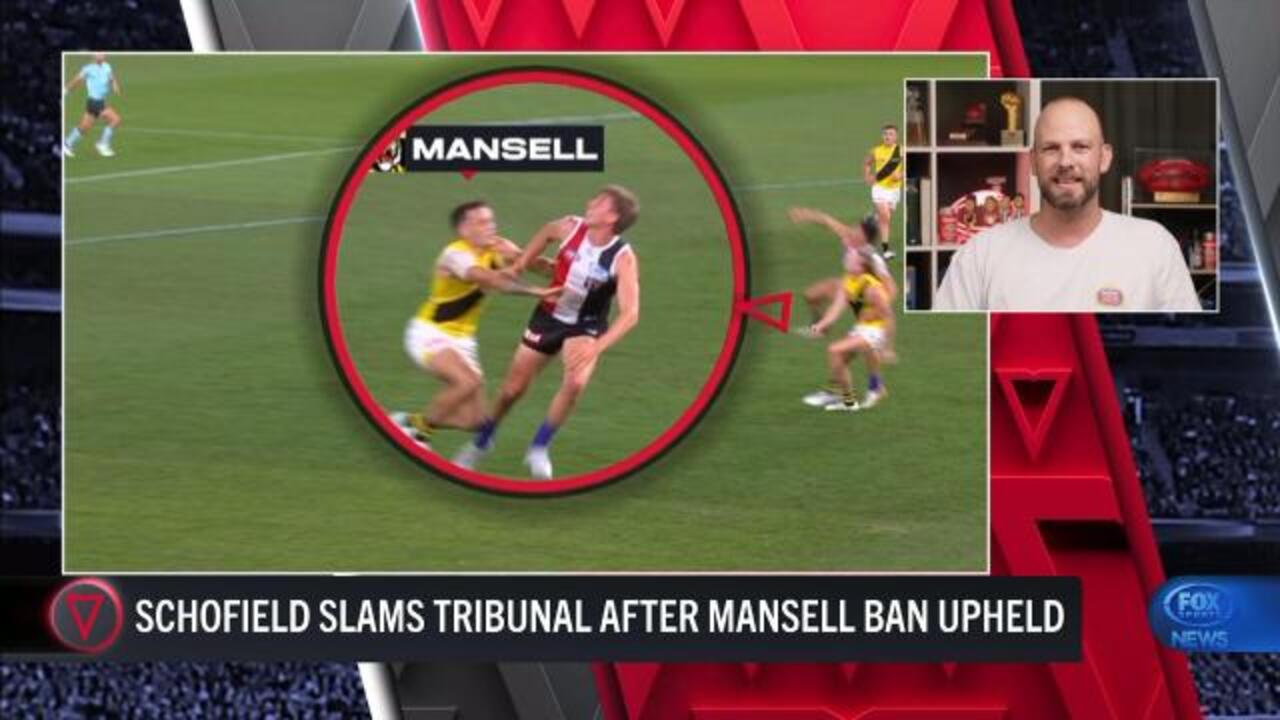
“We were never told or instructed that our job was to reduce tribunal cases,” Burke said.
“It was basically here is what we think and here is what the (punishment) table spits out. I don’t think we were always in line with the outcome but your hands are tied, that’s what the table said.
“The mindset of the match review at the time was, if they don’t like it they can appeal.”
But appealing isn’t free.
Each club must put up $10,000 to take a case to the tribunal, which is refunded if the case is a success.
Lose at the tribunal and all of that money counts against the football department soft cap.
Richmond has already challenged bans for Tom Lynch and Rhyan Mansell this year, so $20,000 has gone down the drain, a good starting point on the wage of a football department staffer.
At the start of the season, clubs will often set aside some room in the soft cap budget for tribunal costs.

If a tribunal visit is partially successful, like a charge is downgraded but not dismissed, only $5000 will sit in the soft cap.
Should the club then appeal a tribunal verdict, another $10,000 is put up, and a loss sees $5000 of that in the soft cap.
Brownlow medallist Brad Hardie lambasted Fremantle’s tribunal trip for Patrick Voss earlier this year as a “waste of money”.
Just like player fines, that tribunal cost goes towards concussion research.
When a player is fined for an on-field incident, they are able to write to the tribunal and plead their case to save their hip pocket.
Clubs aren’t burdened with the fee when players are sent directly to the tribunal.
Peter Wright and Dan Houston were handed four and five game bans respectively through that avenue last year, and Hawthorn’s Conor Nash was hit with a four-game ban last week.
Since the start of last year, clubs have lost a total of $220,000 at the tribunal.
And that is before the lawyers put in their invoices.
While it is not unusual for clubs to use lawyers that are already fans of that team, barristers rarely miss out on a paycheck.
One football figure said they were being “conservative” when they said lawyers fees for a tribunal case began at $4000.
Last year when playing for Carlton, Matt Owies’ round 24 case was still in deliberation at 12:20am – that’s some healthy billable hours.
Then there are the non-billable hours the football boss trudges through.
Often when a player does something silly on field, the senior coach will nod in the direction of his footy boss, knowing their week will be derailed.
Most clubs leave the final call on a tribunal challenge with the general manager of football, who discusses with the club’s chosen lawyer and keeps the underfire player, the senior coach and the CEO in the loop.
During his stint as Bulldogs Women’s coach, Burke said he often advocated to take suspensions to the tribunal but was turned down.
“A couple of times I said, ‘Let’s test that one’, and the club said it’s not really worth it,” he said.
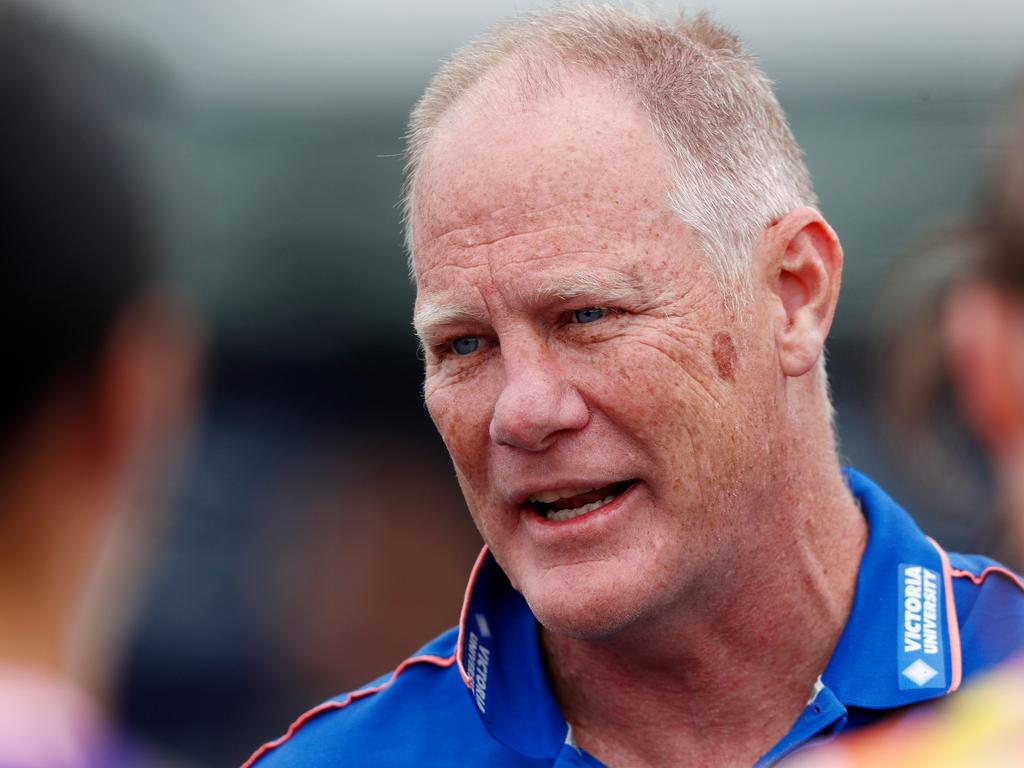
For the footy boss, who’s in-season weeks are stacked already, that can add hours to a Monday afternoon, then wipe out Tuesday afternoon, when the hearing usually happens.
At least these days players and clubs aren’t hauled into Marvel Stadium for in-person hearings, with cases now held online as media watches on.
Those Monday discussions usually centre on two aspects of the AFL’s punishment rubric – whether the conduct was careless or intentional and whether the impact level was low, medium, high or severe.
The third layer in the rubric is where the contact took place on the body of the victim, which is often not up for debate.
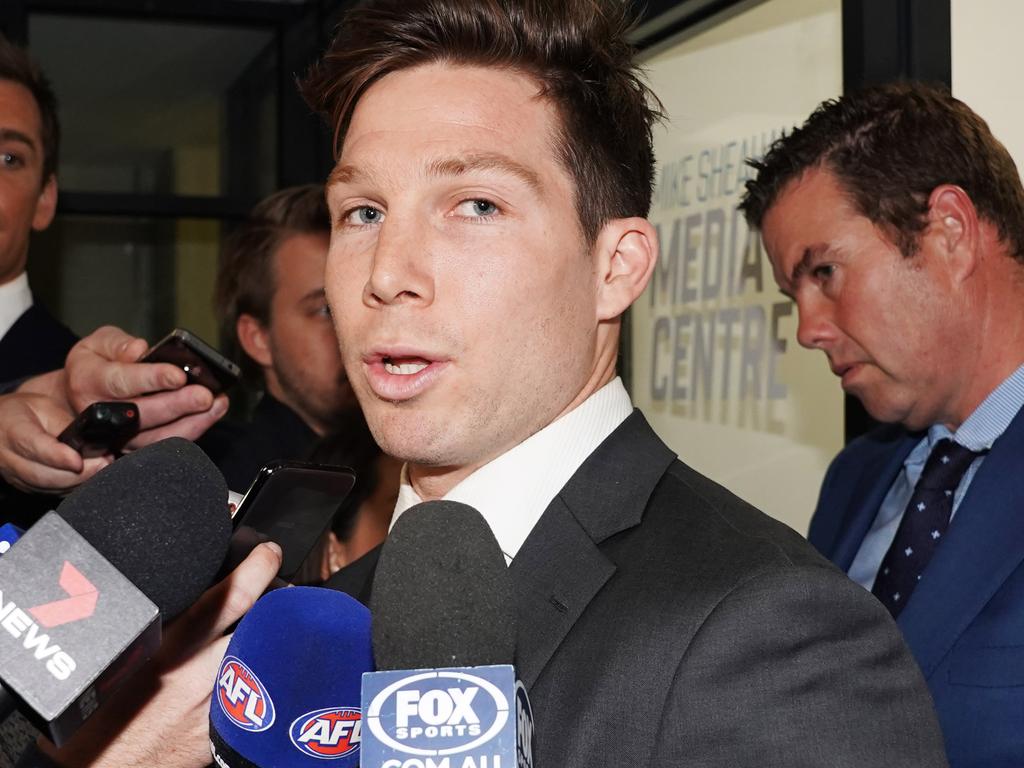
Given the odds are stacked against clubs and players, any tribunal win draws a small celebration of pats on backs and hand shakes.
With the money on the line to challenge a ban, clubs usually only go up if they think they have a genuine chance at downgrading the charge, even if recent history is not on their side.
But the throw at the stumps may be worth it, given Carlton skipper Patrick Cripps had a two-game ban overturned at an appeal hearing in 2022, paving the way for him to win the Brownlow Medal, when others in the league thought that call didn’t align with past rulings.

Just three suspensions were downgraded from one match to a fine last year – James Sicily in round 1, Charlie Cameron in round 5 and Jordan Boyd in round 16.
And Rhylee West, Zak Butters, Patrick Dangerfield, Bodhi Uwland and Jesse Hogan had one-game bans dismissed.
No other cases saw a suspension downgraded in weeks.
Teams had better luck on appeals of tribunal verdicts last year, with Cameron and Toby Bedford both squashing three-game bans in round 18, but Isaac Heeney failed his appeal on a one-game suspension a week earlier.
Despite the unlikelihood of reversing a sanction offered by match review officer Christian, on average, just short of one trip to the tribunal has been made each round since the start of last season.
Burke said clubs may be seeing one-week suspensions handed out for incidents that were thought minor only a handful of years ago and that may prompt them to test the ban at the tribunal.

“As a general guide, when I was on there (MRP), if you hit a player and you took them out of the play and they lay on the ground, that might get you ‘low impact’,” he said.
“If the player had to come off the ground and get assessed, that got you into medium. If they went off and didn’t come back you are looking at high. If they had a broken jaw and missed a couple of weeks, that got you into severe.
“Now we are seeing all those steps have gone one step earlier, so things that wouldn’t get into low earlier are now low. A lot of clubs are thinking, ‘Hang on, he didn’t get taken out of the play and you are giving us a week for that?’.
“The clubs haven’t quite got their heads around the lessening of the impact that is causing a lot of one-weekers, so that is why we are arguing a lot of one-weekers.”
He said he thought the MRO and tribunal system was working, particularly since he was part of the panel that advocated for the introduction of ‘intent to cause harm’ protocols to be added.
But Burke said he could see a tipping point where too many minor incidents led to suspensions.
“My concern in the future is if you keep lowering that impact, we will have guys missing games for not doing too much at all,” he said.
“I think we have gone about as low as we can with the one weekers.”
More Coverage
Originally published as AFL 2025: Clubs forking out thousands to fight AFL tribunal cases




